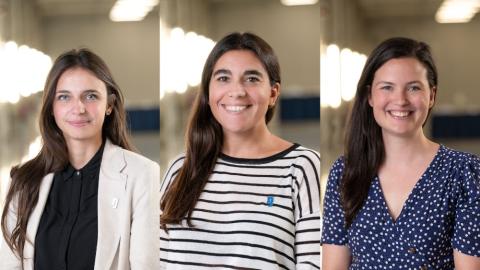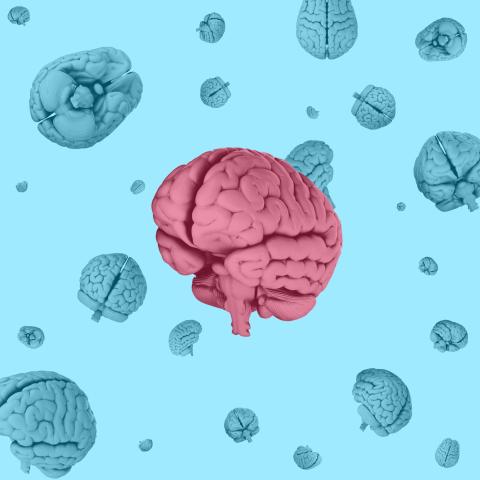Biography
Dr Aitana Sogorb-Esteve was a UK DRI Emerging Leader with a prestigious Race Against Dementia (RAD) Fellowship - jointly sponsored by Prof Jonathan Rohrer (Dementia Research Centre, UCL) and Group Leader Prof Henrik Zetterberg (UK DRI at UCL).
Dr Sogorb-Esteve completed a degree in biology at the University of Alicante, her hometown in Spain; followed by a master and a PhD in neuroscience at the University Miguel Hernandez de Elche (Spain).
She worked at the UK DRI at UCL from 2018 where she firstly focused on the study of novel fluid biomarkers for Alzheimer’s Disease, such as those related to pathology or neuroinflammation. Since 2020, Dr Sogorb-Esteve has worked as a postdoctoral researcher in Prof Jonathan Rohrer's lab at the Dementia Research Centre at UCL studying fluid biomarkers in Frontotemporal Dementia (FTD) as part of the Genetic FTD Initiative (GENFI). In 2021, Aitana was awarded the RAD Fellowship and started this project at the beginning of 2022, where Dr Sogorb-Esteve is working to identify biomarkers to assess synaptic dysfunction in FTD, with the aim of developing a method to measure these synaptic markers in blood samples and improve diagnostics for the disease.
In December 2025, Aitana joined The Center for Research in Neurological Diseases (CIEN) as Head of the Biomarkers, Biochemistry and Molecular Genetics Laboratory Platform, as well as Principal Investigator of a research group at the Alzheimer Center Fundación Reina Sofía – CIEN.


